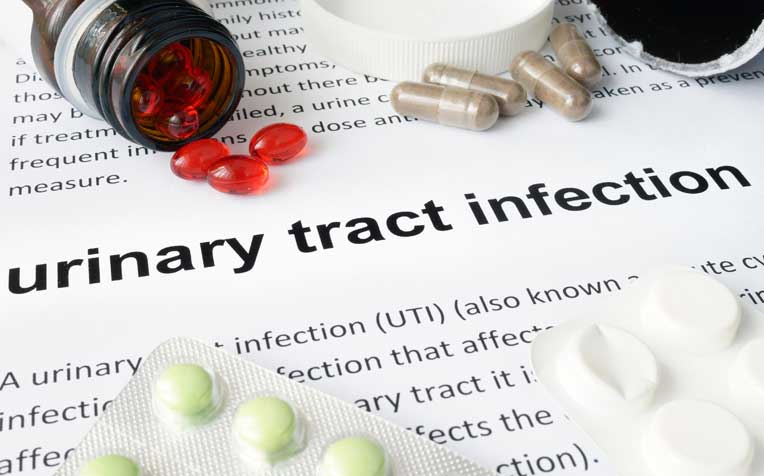
Chronic recurrent UTI is described as symptomatic UTI that occurs after an apparent cure of a previous UTI.
The urinary tract consists of the kidneys, ureters, bladder and urethra. A urinary tract infection (UTI) occurs when there is excessive bacteria in the urinary tract, most commonly in the lower urinary tract (bladder and urethra), a condition known as cystitis."E. coli, a common pathogen that crosses over from the anal region, accounts for a whopping 85 per cent of all UTI," say doctors from the Urogynaecology Centre at KK Women's and Children's Hospital (KKH), a member of the SingHealth group.
Women are more prone to UTIs than men, which is likely due to their having a shorter urethra (the tube that carries urine out from the bladder during urination), which makes it easier for bacteria to move up to the bladder. The urethral opening in women is also nearer sources of bacteria from the anus and vagina.
As many as 1 in 2 women will experience at least one UTI during their lifetime. About 1 in 5 between the ages of 20 to 65 will suffer at least one attack every year, and three per cent of the cases turn into chronic recurrent UTI (RUTI).
Recurrent UTIs
A recurrent urinary tract infection (RUTI) is described as symptomatic UTI occurring after the apparent cure of a previous UTI, typically more than twice over a six-month period. Two-thirds of all RUTI have been found to be due to the same strains of E. coli despite adequate treatment.
The mainstay investigations for diagnosing UTI include urinalysis or urine culture – where microscopy looks for white blood cells, red blood cells, the presence of nitrites and leukocytes, and bacteria that point to a UTI. The culture identifies the specific bacteria causing the UTI, indicating a specific antibiotic that can treat the UTI. An alkalinising agent may also be administered concurrently to make the urine more hostile to bacteria.
In RUTI, further tests are required, which include the following:
- Renal ultrasound to look at the kidneys and to measure residual urine volume
- Abdominal X-ray to detect urinary tract stones - Urine culture to test for tuberculosis
- Urine cytology to assess for any cancerous cells in the urinary tract (which most commonly presents with blood in the urine)
- Cystoscopy:- A specialised camera is inserted through the urethra to look for abnormalities such as stones and tumour in the bladder.
Treatment for RUTI sufferers typically includes antibiotics for the longer term, or stronger antibiotics, although a follow-up urine culture is necessary to “test-for-cure”. If left untreated, the infection can spread upwards to the kidneys, leading to renal infection and increasing the risk of renal failure or permanent damage.
In extreme situations, bacteria may spread via the bloodstream, leading to a generalised body-wide infection or septicaemia (blood-poisoning), which may be fatal in certain cases.
What are the symptoms of urinary tract infection (UTI)? Find out on the next page.
Ref: T12

















